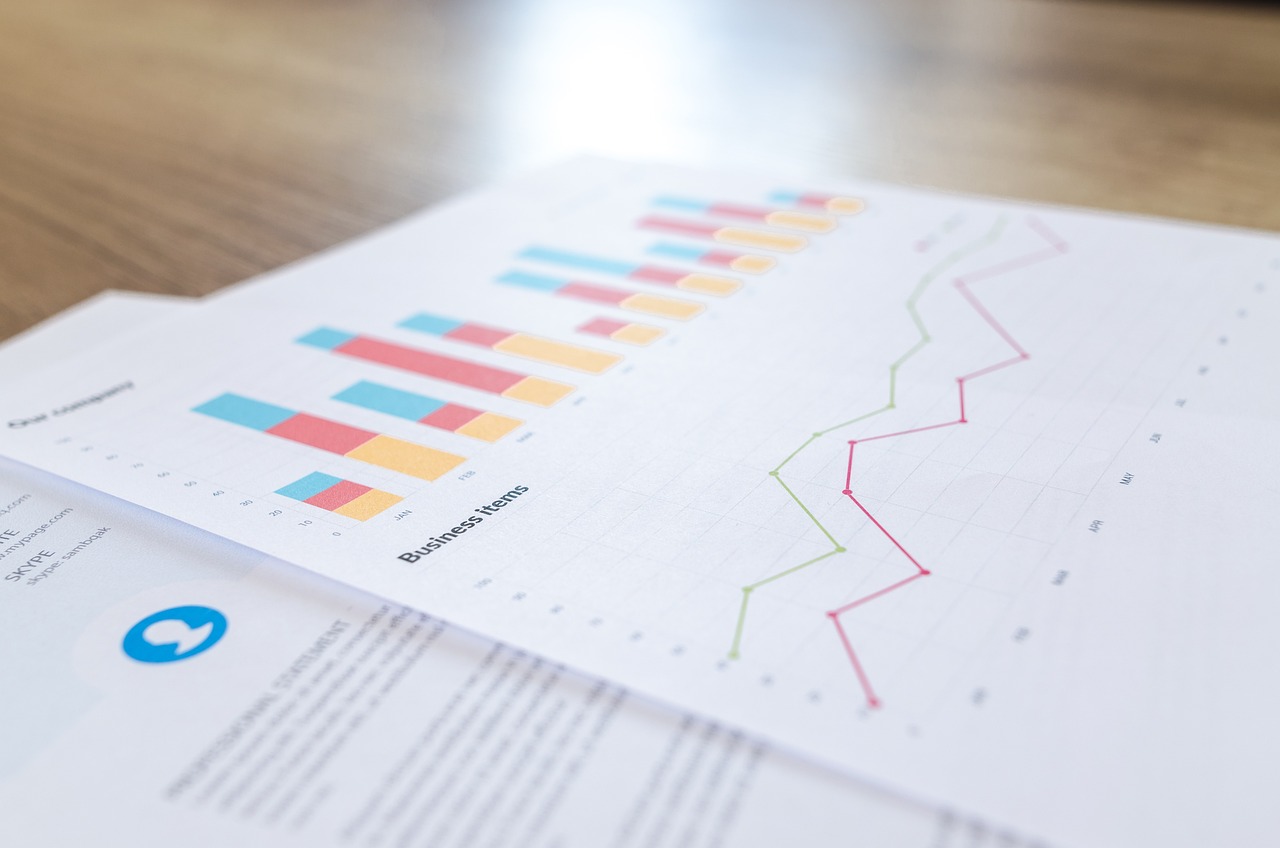

Understanding an accountants importance
Thinking about when to hire an accountant can be a difficult task. It can be made even more problematic when you consider that there are 88,652 Accounting Services businesses in the US as of 2023. How could you possibly decide upon which accountant would be best for you?
At what stage should you hire an accountant?
There are a few monumental moments throughout your time as an entrepreneur and business owner that you’d need to consider hiring an accountant. Not only will they save you time and money in the long run, but they are essential in helping to push your business in the right direction.
Starting a business
When starting a business, it is important to have a good understanding of tax laws, bookkeeping, and financial planning. An accountant can help you set up your books and ensure that you are compliant with all tax laws and regulations.
Growing your business
As your business grows, so does the complexity of your financial situation. An accountant can help you manage your finances, create budgets and projections, and provide valuable insights to help you make informed decisions.
Tax preparation
Filing taxes can be a daunting task, especially for business owners who may have complex tax situations. An accountant can help you navigate tax laws, minimize your tax liability, and ensure that all forms and schedules are completed accurately and on time.
Audit or investigation
If you or your business is being audited or investigated by the IRS or other tax agencies, it is important to have an accountant on your side. They can help you navigate the process, gather the necessary documentation, and represent you in front of tax authorities.
Financial planning
An accountant can help you create a financial plan that takes into account your short-term and long-term goals. They can advise you on investments, retirement planning, and estate planning to help you achieve financial security.
What can hiring an accountant do for your business?
Understanding when to hire an accountant is one issue. Understanding what an accountant can do for you is an entirely different matter. There are so many different aspects of your finances that need to be understood in order to take full advantage of your business’ potential.
Ensure tax compliance
An accountant can help you navigate complex tax laws and regulations, ensuring that you are filing your taxes correctly and taking advantage of all available deductions and credits. This can help you avoid costly penalties and audits.
Help applying for loans and grants
Accountants can also help to navigate the difficult process of acquiring a loan or a grant. There will be opportunities for subsidies and an accountant will be able to highlight these.
Financial forecasting and planning
An accountant can provide financial forecasting and budgeting services, helping you make informed decisions about your business’s future. They can also provide advice on financial management strategies and investment opportunities.
Develop business growth
You can work with an accountant to help you identify opportunities for growth and expansion, such as analyzing financial data to determine which products or services are most profitable.
Provide accurate financial forecasting
Accountants can ensure that your financial statements are accurate and comply with accounting standards, which can be crucial when presenting financial statements to investors, lenders, and other stakeholders.
Provide advice when expanding your teams
An accountant can read into your financial statements and reports and guide you through when the right time is to expand your team.
Save your business time
Hiring an accountant can free up your time to focus on other aspects of your business, such as sales and marketing.
Take the time to hire an accountant
An accountant can provide valuable expertise and support to help you manage your finances effectively and make informed financial decisions. There are plenty of financial tools that can help you to digest and manage your data, but the understanding behind that data and the reasoning behind certain business decisions requires an experienced degree of understanding.
We recommend that you begin by understanding exactly the services you require. If you’ve managed to narrow down your list, we provide a host of accounting partners that you can review at your own discretion.
Frequently asked questions
What’s the difference between a chartered accountant and an accountant?
While both Chartered Accountants and accountants work in the field of accounting, Chartered Accountants have a higher level of qualification, scope of work, regulatory oversight, and professionalism than accountants.
Qualifications
Chartered Accountants are qualified professionals who have completed a rigorous program of study, passed a series of professional exams, and have obtained a membership with a professional accounting body. In contrast, accountants may have varying levels of education and may not be members of a professional accounting body.
Scope of work
Chartered Accountants are qualified to perform a wider range of accounting services than accountants. They can provide financial advice, audit financial statements, provide tax advice, and offer consultancy services. Accountants, on the other hand, may have a narrower scope of work, such as bookkeeping, payroll processing, and tax preparation.
Regulatory oversight
Chartered Accountants are subject to more stringent regulatory oversight than accountants. They are governed by a professional accounting body that sets standards for their professional conduct, requires them to complete continuing education, and can sanction them for non-compliance.
Professionalism
Chartered Accountants are considered to be more prestigious and professional than accountants due to their extensive training, expertise, and regulatory oversight. This can lead to Chartered Accountants being more highly regarded by employers, clients, and other professionals.
Cloud Accounting vs Traditional Accounting
Cloud accounting and traditional accounting are two different approaches to managing financial information for businesses.
Traditional accounting involves the use of physical ledgers, spreadsheets, and paper documents to record financial transactions, calculate financial statements, and prepare tax returns. This method requires a dedicated accounting department or team to manage the finances, and the data is stored on-premises in the company’s own servers or computers.
Cloud accounting, on the other hand, involves the use of software that is hosted on remote servers and accessed via the internet. The software automates many of the tasks that were previously done manually, such as data entry, bank reconciliations, and invoicing. This method allows for real-time collaboration between the accounting team and other stakeholders, such as business owners and tax professionals. The data is stored in the cloud, which means it can be accessed from anywhere with an internet connection.














